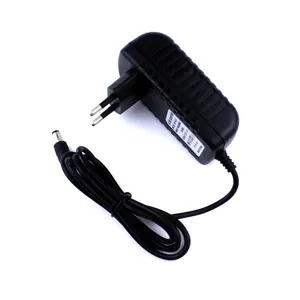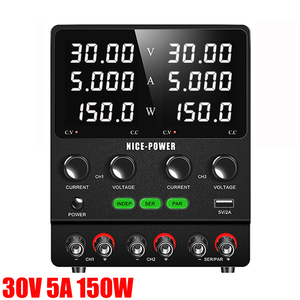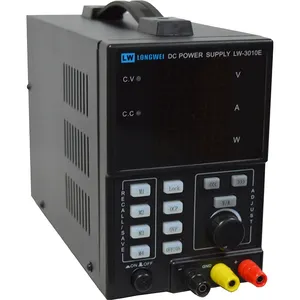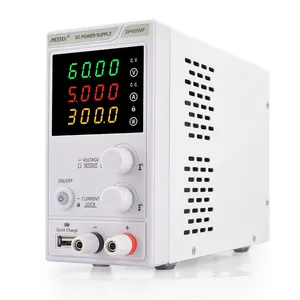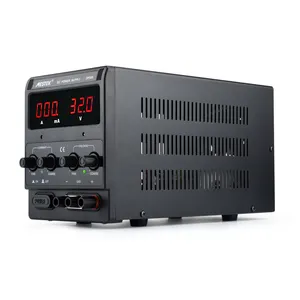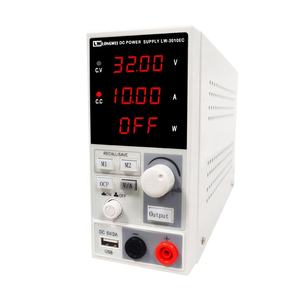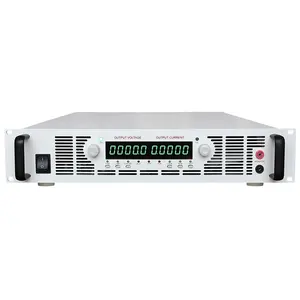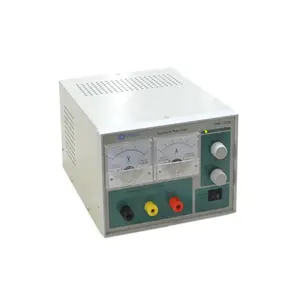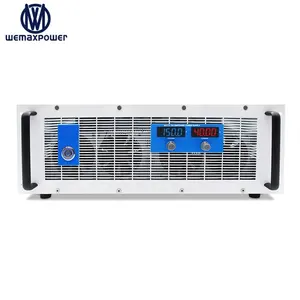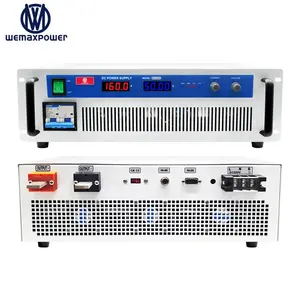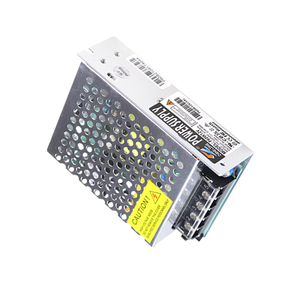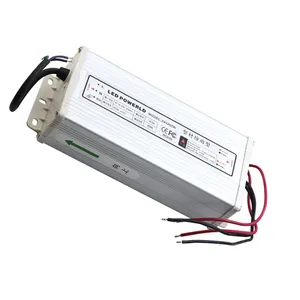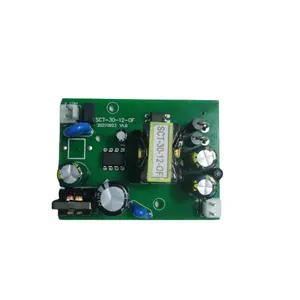Arduino Lab Power Supply





















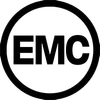

















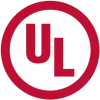




 CN
CN













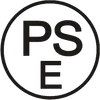
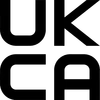



 CN
CN



About arduino lab power supply
Where to Source Arduino Lab Power Supply Suppliers?
China remains the central hub for electronics manufacturing, with key supplier clusters concentrated in Shenzhen and Hangzhou—regions renowned for their specialized electronic power systems production. Shenzhen’s Bao'an and Longgang districts host vertically integrated facilities focused on switching power supplies, leveraging proximity to component suppliers and logistics networks that reduce lead times by 20–30% compared to non-specialized regions. Hangzhou-based manufacturers benefit from strong R&D linkages with Zhejiang University and other technical institutions, enabling rapid prototyping of programmable and digitally controlled lab-grade units.
These industrial ecosystems support agile production cycles, with many suppliers operating full in-house capabilities—from PCB assembly and metal fabrication to final testing. Buyers gain access to mature supply chains where raw materials (e.g., aluminum heat sinks, toroidal transformers, MOSFETs) are sourced within 50km, minimizing procurement delays. Typical advantages include MOQ flexibility (as low as 1 piece), 15–25% cost savings over Western equivalents, and scalable output for both standard and customized DC power solutions tailored for Arduino integration and educational or prototyping lab environments.
How to Evaluate Arduino Lab Power Supply Suppliers?
Adopt a structured assessment framework when vetting potential partners:
Technical Capability Verification
Confirm product specifications align with lab requirements: adjustable voltage/current ranges (e.g., 0–60V, 0–10A), digital displays, USB/RS485 interfaces, and OCP/OVP protection. For integration-focused applications, verify programmability and compatibility with microcontroller platforms. Demand test reports validating load regulation, ripple noise, and thermal stability under continuous operation.
Production & Quality Infrastructure
Assess operational scale and process control through these indicators:
- Monthly output capacity exceeding 5,000 units for stable supply
- In-house testing lines with electronic loads, oscilloscopes, and aging chambers
- Presence of quality management systems (target on-time delivery ≥97%, response time ≤4 hours)
Prioritize suppliers with documented compliance to international standards such as CE, RoHS, and ISO 9001, even if not explicitly certified, based on shipment histories and export documentation.
Customization and Transaction Security
Evaluate customization depth: options may include output connectors, enclosure labeling, firmware adjustments, or rack-mount configurations. Use secure transaction methods—preferably platform-backed escrow—with milestone-based payments. Request sample units to assess build quality, display accuracy, and cooling performance before bulk ordering.
What Are the Leading Arduino Lab Power Supply Suppliers?
| Company Name | Location | Online Revenue | On-Time Delivery | Avg. Response | Reorder Rate | Customization | Min. Order | Price Range (USD) |
|---|---|---|---|---|---|---|---|---|
| Shenzhen Bodunbaili Electronic Co., Ltd. | Shenzhen, CN | US $100,000+ | 100% | ≤3h | <15% | Yes | 1–2 pcs | $34.99–$145.99 |
| Shenzhen Kuaiqu Electronic Co., Ltd. | Shenzhen, CN | US $50,000+ | 100% | ≤4h | <15% | No | 1–2 pcs | $30.99–$99.99 |
| Hangzhou Ruideng Technology Co., Ltd. | Hangzhou, CN | US $320,000+ | 98% | ≤8h | <15% | No | 1 set | $52–$179 |
| Guangzhou Myami Electronic Technology Co., Ltd. | Guangzhou, CN | US $130,000+ | 97% | ≤1h | <15% | Yes | 1 pc/bag | $30–$415.33 |
| Shenzhen Mestek Electronics Co., Ltd. | Shenzhen, CN | US $530,000+ | 98% | ≤4h | <15% | Yes | 2 pcs | $33.99–$180.90 |
Performance Analysis
Shenzhen-based suppliers dominate responsiveness and logistical efficiency, with three out of five achieving sub-4-hour average reply times. Shenzhen Mestek leads in transaction volume (US $530,000+ online revenue), indicating high market confidence and fulfillment consistency. Hangzhou Ruideng offers higher-end programmable models, reflected in elevated pricing and complete assembled sets targeting advanced lab use. Guangzhou Myami stands out for broad customization scope—including programmable features, isolation modules, and graphic labeling—despite slightly lower on-time performance. Price competitiveness is strongest among Shenzhen Kuaiqu and Mestek, offering entry-level units below $35. For buyers prioritizing scalability and design flexibility, companies with customization tags and proven export histories present optimal value.
FAQs
How to verify technical reliability of lab power supplies?
Request detailed specification sheets and test videos demonstrating voltage/current accuracy, ripple performance, and thermal behavior under load. Cross-check interface claims (e.g., USB data logging) with firmware documentation. Independent third-party testing is recommended for mission-critical deployments.
What is the typical lead time for samples and bulk orders?
Sample units ship within 3–7 days for in-stock models. Customized samples require 10–15 days depending on modification complexity. Bulk production lead times range from 15–30 days, with air freight adding 5–7 days globally or sea freight requiring 25–40 days for full container loads.
Can suppliers provide Arduino-compatible firmware or communication protocols?
Some manufacturers offer RS485, Modbus, or USB-TTL interfaces compatible with Arduino controllers. Confirm protocol support (e.g., UART, I²C) and request code libraries or command sets during technical validation. Custom firmware development may incur additional NRE charges.
Are there minimum order quantity restrictions?
Most suppliers accommodate small trial orders starting at 1 piece, though some discounted listings require 2-piece minimums. Volume pricing typically begins at 50+ units, with deeper discounts beyond 500 units subject to negotiation.
What packaging and labeling options are available?
Select suppliers offer custom labeling, logo printing, color variants, and retail-ready packaging. These services are often bundled with OEM/ODM agreements and may require MOQs of 100+ units depending on complexity.







